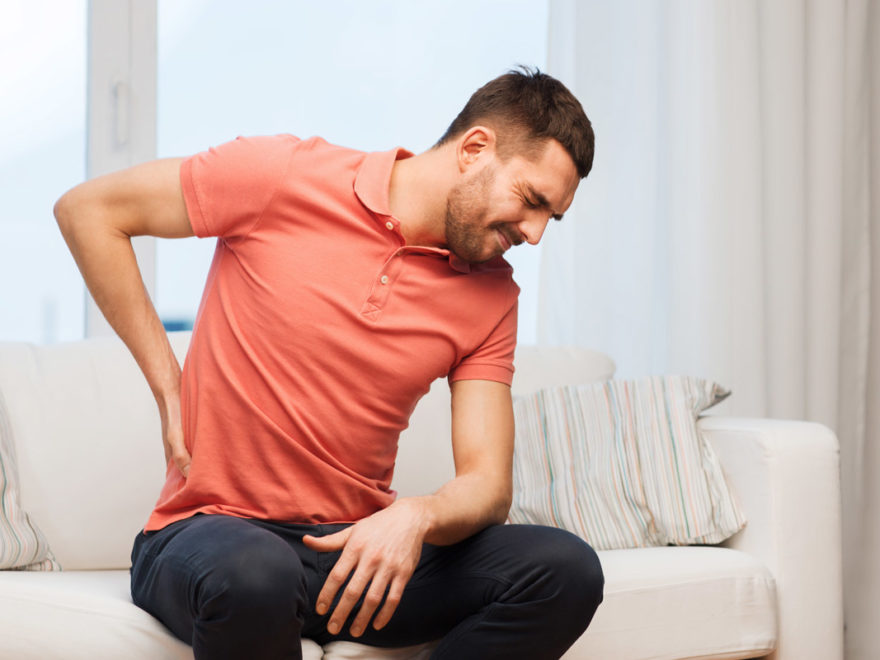Pain in the belly, back or the side
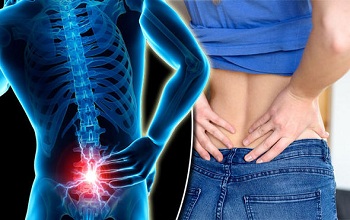
Kidney stone pain is one of the most unimaginable pains. Men feel this pain like someone stabbing a knife in their back and women find it like giving birth to a child. It is very intense pain and over 10 million peoples around the world go into hospital emergency due to experiencing this pain.
Most of the pain starts when the stone moves to the narrow area between the kidney and the bladder. This blocks the urinary process and builds pressure on the kidney. The pain starts most of the time suddenly in the location where the stone moves to.
Large stones are more painful than smaller ones but when the pain starts, the size of the stone does not matter because sometimes small stones can go through a more sensitive area and pose a bigger impact.
Pain or burning during urination
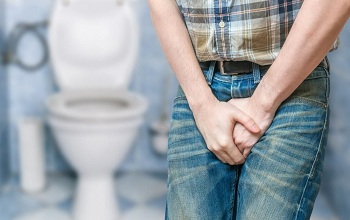
When stones reach between the ureter and the bladder, a person can start to feel pain.
The pain can be sharp and burning sometimes. Sometimes peoples don’t know they have kidney stones as they mistake it for urinary tract infection. It is possible for someone to have both infection and stone problems at the same time, so it’s better to visit a doctor to get a proper check-up.
Urgent need to urinate
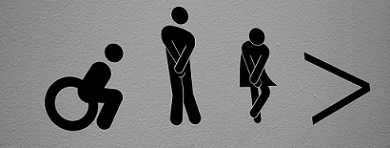
Sometimes you feel you need to go to the bathroom urgently or frequently than normal, this is a sign that the stone has moved to the lower part of the urinary tract. You feel the need to urinate constantly all day and night. Urinating urgency can also be a symptom of urinary tract infection.
Blood comes in the Urine
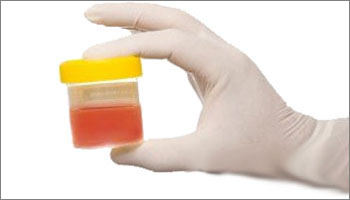
One of the most common symptoms of urinary tract stone is blood comes in the urine.
Blood can come in various colors like pink, brown or red. Sometimes the blood amount too small that it is not noticeable, only the doctor can test and check for this.
Smelly and Cloudy Urine
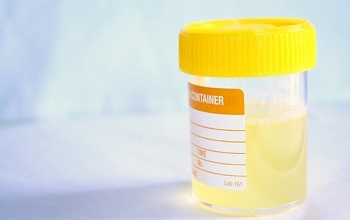
Urine that is clear and does not have a strong odor is healthy urine. Foul-smelling urine or cloudy urine could be a sign of kidney infection or infection in other parts of the urinary tract.
Around 10% of people with kidney stones are suffering from acute urinary tract infection. The smell in the urine comes from the bacteria that cause urinary tract infections.
Only a small amount of Urine at a time
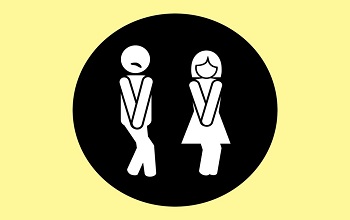
Large kidney stones sometimes stuck in a ureter. This blockage can slow down or stop the flow of urine. If you are suffering from this blockage, you may only urinate a small quantity each time whenever you go. Urine flow that stops entirely requires a medical emergency.
The feeling of Nausea and Vomiting

The feeling of nausea and vomiting is common in those peoples who are suffering from kidney stones. This symptom happens because of the shared nerve connections between the kidneys and the GI tract. These stones in the kidneys can trigger the nerves in the GI tract, setting off an upset stomach.
Nausea and vomiting are the ways your body gives a response about intense pain.
Chills and Fever

Chills and fever are signs showing that you have an infection. In the case of a kidney stone problem, the infection is in your kidney or in other parts of the urinary tract. This indicates a serious complication of kidney stones. It can also be a sign or symptom of other problems besides kidney stones. If you are suffering from fever while experiencing other symptoms stated above, you need urgent medical attention. See a doctor to take proper treatments.
The risk factors for developing kidney stones in your body.
Family History
If someone in your parents or grandparents suffered from kidney stones previously, there is a higher chance that you will suffer from this problem as well. Similarly, if you are suffering from this problem, then your children also have a higher chance of getting kidney stones.
Dehydration
Not taking enough fluids or water daily can increase the risk of kidney stones. if you are living in warm areas or sweat a lot daily, then not taking enough fluids or water can put you at high risk for kidney stones.
Certain Diets
Taking high protein, too much salt (high sodium) and taking too much sugar can increase the risk of kidney stones.
Obesity
Huge body mass index, i.e BMI, excessive belly fat and overweight can increase the risk of kidney stones.
Digestion Related Diseases or Surgery
Gastric problems like acidity, heartburn, indigestion, chronic diarrhea or inflammatory bowel disease which affects the digestive process increase the stone-forming substances in the urine.
Other Medical Conditions
Diseases and conditions that may increase your risk of kidney stones include renal tubular acidosis, hyperparathyroidism, certain medications, and some urinary tract infections.
If you find any of the above-written symptoms, call and consult the doctor right away. It is better to take proper treatment as quickly as possible because kidney stone is a severe medical problem that can lead to complications without timely treatment.
Related Posts:
11 Ways To Get Relief From Kidney Stone
10 Effective Ways to Prevent Kidney Stones
15 Effective Ways To Remove Kidney Stones Without Surgery
This Product Can Remove And Kill All Bacteria, Germs And Other Infection In The Body

